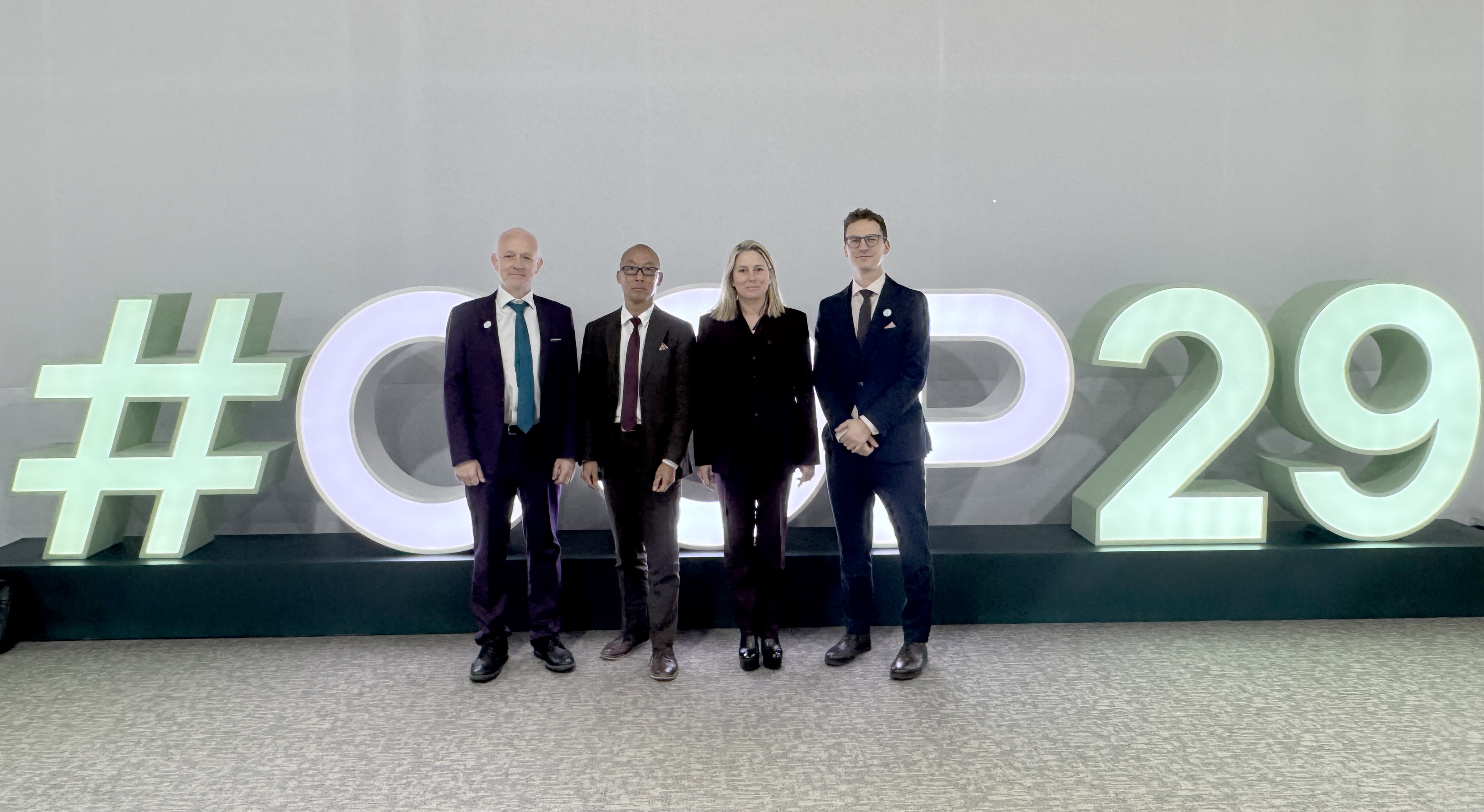
The Conference of the Parties (COP) to the United Nations Framework Convention on Climate Change (UNFCCC) is the annual climate change meeting of governments under the auspices of the United Nations. The goal of the UNFCCC, agreed by 197 countries in 1992, is to stabilize concentrations of greenhouse gases in the atmosphere at levels that would avoid dangerous anthropogenic (human-caused) climate change.
The Paris Agreement, adopted at COP21 in 2015, is a legally binding international treaty on climate change that has the goals of limiting the increase in the global average temperature to well below 2°C above pre-industrial levels and pursing efforts to limit the temperature increase to 1.5°C above pre-industrial levels.
The first assessment of individual countries’ plans to reduce greenhouse gas emissions, known as nationally determined contributions (NDCs), affirmed that actions stated in the individual NDCs were not enough to limit global warming to 1.5°C. The stocktake also and included recommendations of technologies that could be used to make deeper cuts in emissions to limit warming, which included nuclear among the technologies recommended.


World Nuclear Association has been an official observer to the UN climate conference for the past 20 years, utilising this position to inform and influence key decision makers.
This involves sharing the benefits of nuclear through the lens of the UN Sustainable Development Goals and making the case for updates to direct and indirect policies to include nuclear, or persuading international organisations or multilateral development banks like the World Bank to change their stance on nuclear. A key component of this activity has been the Net Zero Nuclear campaign, which aims to recognize and advance the essential role of nuclear energy in global efforts to combat climate change by tripling global nuclear capacity by 2050 and by bringing together world leaders, policymakers, the nuclear industry, scientists, civil society, and activists.

Your email has been added to our database

 Thursday, November 14, 2024 - 11/14/2024 2024
Thursday, November 14, 2024 - 11/14/2024 2024